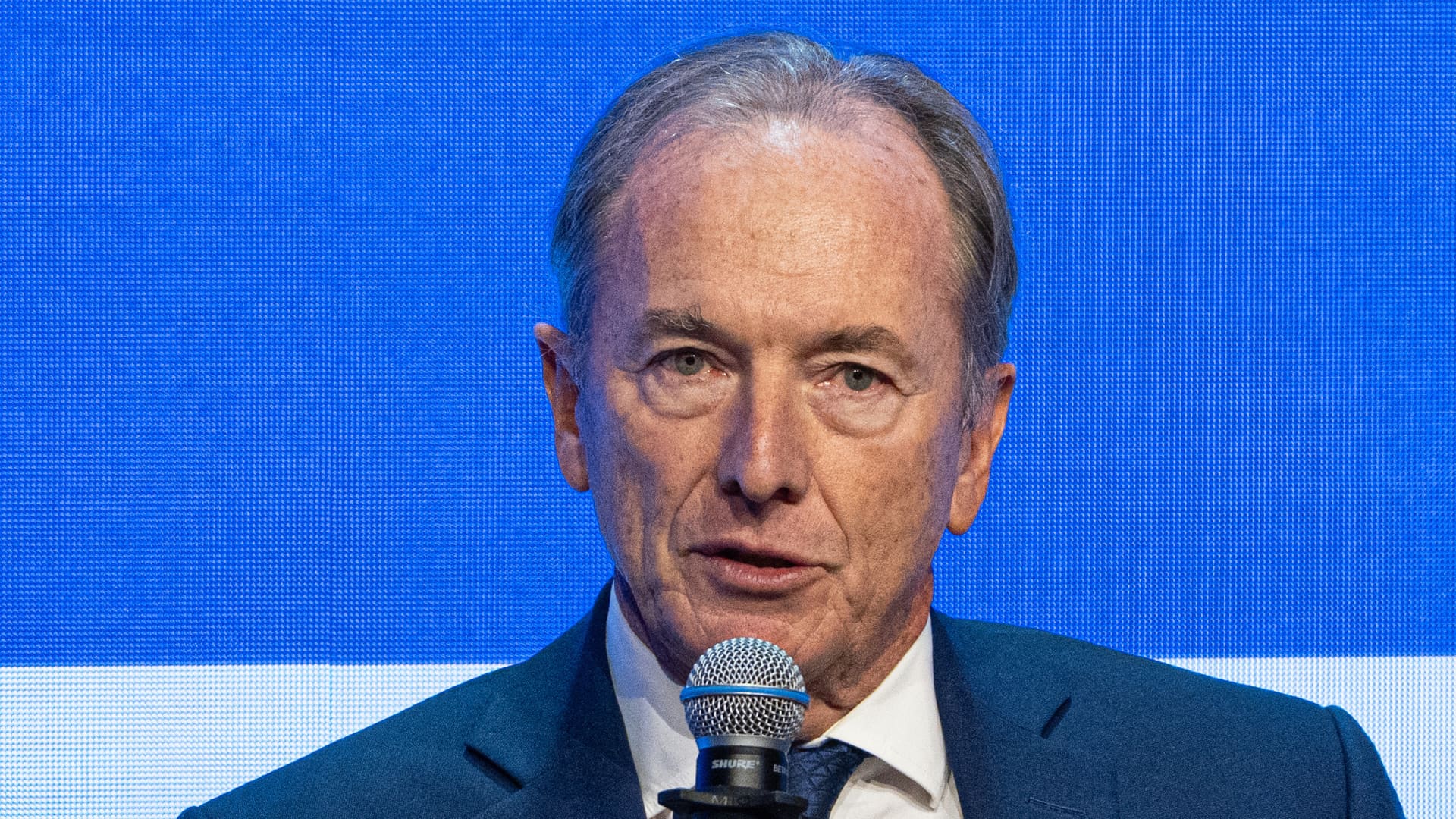SINGAPORE — Morgan Stanley Chairman and CEO James Gorman said his firm will be able to cope with “any form” that new banking regulations end up taking, but added he expects some watering down before the final rules are confirmed.
U.S. regulators on Tuesday defended their plans for a sweeping set of proposed changes to banks’ capital requirements, speaking in front of the U.S. Senate Banking Committee. They are aimed at tightening regulation of the industry after two of its biggest crises in recent memory — the 2008 financial crisis, and the March upheaval in regional lenders.
These proposed changes in the U.S. seek to incorporate parts of international banking regulations known as Basel III, which was agreed to after the 2008 crisis and has taken years to roll out.
Regulators say the changes in the proposals are estimated to result in an aggregate 16% increase in common equity tier 1 capital requirements — which is a measure of an institution’s presumed financial strength and is seen as a buffer against recessions or trading blowups.
“I think it will come out differently from the way it’s been proposed,” Gorman told CNBC Thursday in an exclusive interview on the sidelines of Morgan Stanley’s annual Asia-Pacific conference in Singapore.
“It’s important to point out it’s a proposal. It’s not a rule, and it’s not done.”
“I think [the U.S. banking regulators] are listening,” Gorman added. “I’ve spent many years with the Federal Reserve. I was on the Fed board in New York for six years and I just think they are trying to find the right answer.”
“I’m not sure the banks need more capital,” Morgan Stanley’s outgoing CEO said. “In fact, the Fed’s own stress test says they don’t. So there’s that … sort of purity of purpose and in pursuit of perfection that can be the enemy of good.”
Whatever the outcome though, Gorman said his New York-based bank will be able to manage.
“We have been conservative with our capital. We run a CET1 ratio, which is among the highest in the world, significantly in excess of our requirements, so we’re ready for any outcome. But I don’t think it will be as dire as most of the investment committee believes it will be,” Gorman said.
The bank said in its latest earnings report that its standardized CET1 ratio was 15.5%, approximately 260 basis points above the requirement.
Wealth management and inflation
In late October, Morgan Stanley announced that Ted Pick will succeed James Gorman as chief executive at the start of 2024, though Gorman will stay as executive chairman for an undisclosed period.
Led by Gorman since 2010, Morgan Stanley has managed to avoid the turbulence afflicting some of its competitors.
While Goldman Sachs was forced to pivot after a foray into retail banking, the main question at Morgan Stanley is about an orderly CEO succession.
There will likely be some continuity with the bank’s focus on building out its wealth management business in Asia.
“We think there’s going to be tremendous growth,” Gorman said Thursday.
“So we would like to do more. We have. If I was staying several years, we would very aggressively be pushing our wealth management in this region. And I’m sure my successor would do the same.”
On the issue of inflation, Gorman said central bankers have brought surging inflation under control.
“Give the central banks credit. They moved aggressively with rates,” Gorman said. “I think they were late —that’s my personal view — but it doesn’t matter. When they got there, they really got going. Took rates from zero to five and a half percent. The Fed did five, five and a half percent in almost record time, fastest rate increase in 40 years. And it’s had the impact.”
U.S. Federal Reserve Chairperson Jerome Powell said last Thursday that he and his fellow policymakers are encouraged by the slowing pace of inflation, but more work could be ahead in the battle against high prices as the central bank seeks to bring inflation down closer to its stated 2% target.
The U.S. consumer price index, which measures a broad basket of commonly used goods and services, increased 3.2% in October from a year ago despite being unchanged for the month, according to seasonally adjusted numbers from the Labor Department on Tuesday.
“Are we done? We’re not done,” Gorman said.
“Is 2% absolutely necessary? My personal view is no, but directionally to be heading in that to around 2, 3% — I think is a very acceptable outcome given the cards that they were dealt with.”
— CNBC’s Hugh Son and Jeff Cox contributed to this story.
